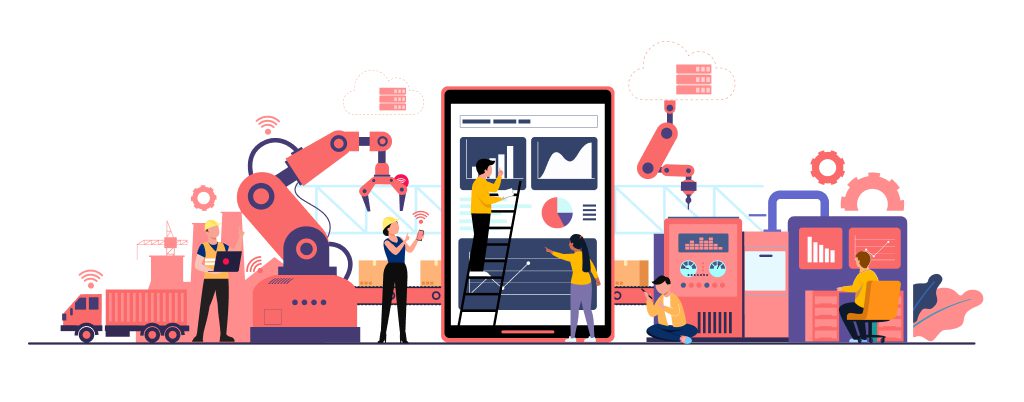Source: https://www.raconteur.net/future-of-work/whats-affecting-employee-productivity-in-2023/

In a world filled with constant distractions, employee productivity is being affected by various factors. Recent surveys conducted in reveal a decline in productivity levels, with 36% of workers feeling productive compared to 43% in the previous year. The impact of colleagues and technology on productivity is particularly significant. Distractions such as office chatter and social media scrolling hinder productivity, with 27% of respondents citing office chatter and 31% of younger workers identifying social media as major distractions. Conversely, older employees view emails as the primary barrier to getting things done.
External factors like financial concerns, mounting bills, and inflationary pressures also contribute to decreased productivity by affecting employee well-being and leading to absenteeism and distraction. Furthermore, a toxic work environment characterized by a lack of recognition, low morale, and ineffective leadership can demotivate employees and have long-term effects on productivity.
Businesses that prioritize employee well-being and provide health and well-being support have a more productive workforce. While some companies may be tempted to reduce support during challenging financial periods, the long-term costs, such as increased sick days and reduced capacity, outweigh the short-term gains.
Creating an environment that enables deep work is crucial for enhancing productivity. Approximately 50% of surveyed full-time workers find quiet spaces helpful for productivity. Younger employees also emphasize the importance of scheduling or blocking time for focused work. However, finding quiet spaces can be challenging, especially for remote workers or office employees dealing with noise disruptions. To address this issue, businesses can provide various workspaces within the office environment to allow employees to remove themselves from distracting areas.
Flexibility plays a crucial role in facilitating deep work. Empowering employees to recognize their need for quiet time and offering options like booking a private room or working from home can become the norm with trust and effective diary management. At the same time, remote workers must establish clear boundaries between work and home to avoid burnout.
Collaboration is another important aspect of productivity. Older workers perceive collaboration as a productivity enhancer. To facilitate collaboration in hybrid teams, organizations should establish clear communication protocols and expectations, choose suitable technology tools, and consider strategies like a “camera on” policy or regular team meetings. Additionally, in-person interactions on dedicated days or aligning schedules for office presence can foster a sense of community and creativity.
Technology tools, such as unified communications, video conferencing, messaging, and chat, play a significant role in productivity. Business decision-makers recognize the value of these tools, with 42% stating that increasing productivity is their top consideration when making spending decisions. Integration of such tools into line-of-business applications is critical.
In conclusion, technology can greatly influence employee productivity. By addressing distractions, promoting deep work, fostering collaboration, and investing in the right tools, businesses can overcome productivity challenges. As a Managed Service Provider, CSG Technologies is committed to contributing to technological advancements that enhance employee productivity. Through the integration of cutting-edge tools, support for deep work, and collaboration strategies, CSG Technologies aims to help organizations optimize their workforce efficiency and achieve greater productivity.


